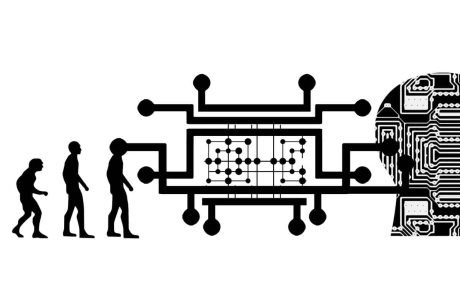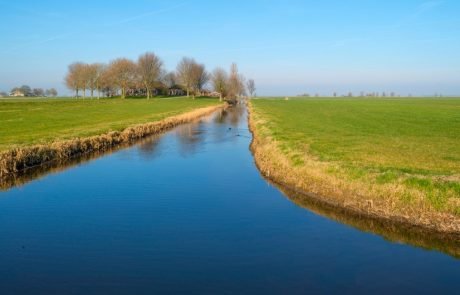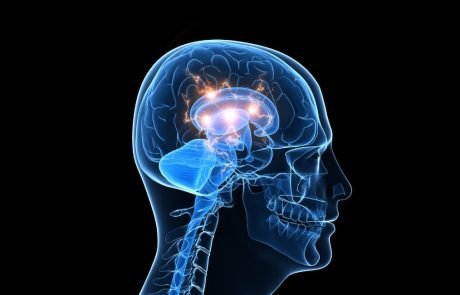European glaciers are on a course to shrink by one-third by 2050, regardless of greenhouse gas reductions, according to a new study published on 9 April in The Cryosphere, a
Archive for April 2019
A recent survey by the IE University in Madrid reveals that one in four Europeans would be ready to put an artificial intelligence in power. Should we be concerned for
Scientists have developed a new model to predict the impact of enhancing biological plant processes, such as photosynthesis, on large-scale crop yields. According to the new study, published on 8
Many European rivers and canals are contaminated with pesticides, according to a new analysis slated for publication on 20 June in Science of the Total Environment, a peer-reviewed journal (1).
Scientists discovered that periodic burst of electricity may be able to reverse memory deficits in older people, according to a new study published on 8 April in Nature Neuroscience (1).
Carbon capture and storage (CSS) from fossil fuel power stations is considered crucial to mitigating the effects of climate change. However, a new study published on 8 April in Nature
A new study published ahead of print on 8 April in the Proceedings of the National Academy of Sciences analysed the potential of realising carbon-negative power in China, the world’s
Although still in the early stages, researchers from McGill in Canada and the University of Birmingham in the UK have uncovered a potential new type of rocket fuel that is
This article is a follow-up to another, dated November 14th last: What does the National Toxicology Program study reveal to us about radiofrequency fields? On November 1st, 2018, the US
After mechanization, chemistry and biotechnology, agriculture is undergoing yet another revolution with digital agriculture — or agriculture 4.0. However, there is not just one but several digital agricultures: While they









